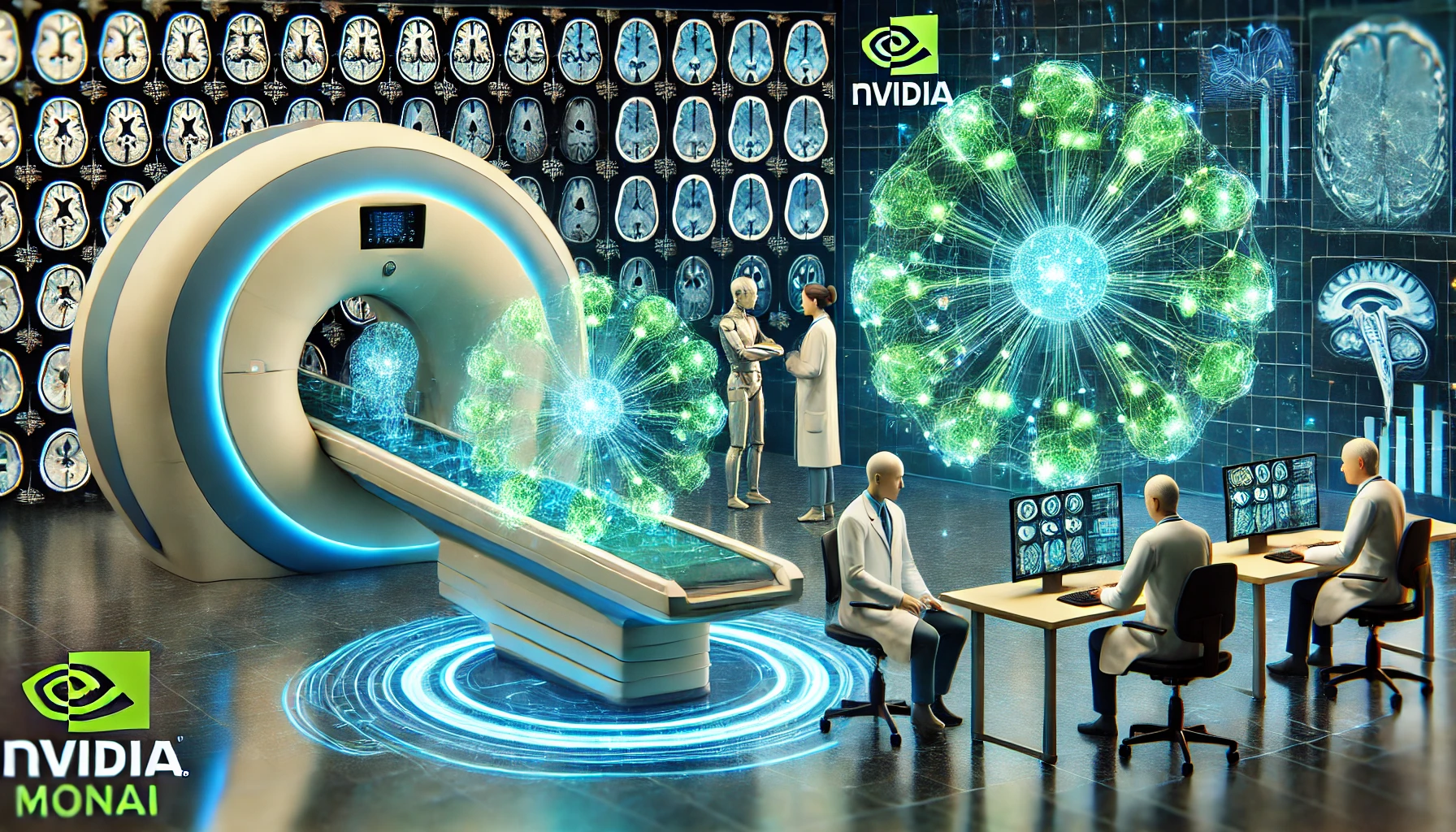Introduction
Generative Artificial Intelligence (AI) has made significant advancements in recent years, enabling machines to create realistic and original content. However, like any technology, generative AI also has its limitations. In this blog post, we will explore some of the key limitations of generative AI and discuss their implications.
1. Lack of Contextual Understanding
One of the major limitations of generative AI is its inability to truly understand context. While AI models can generate text, images, or even music that may seem coherent, they often lack a deeper understanding of the meaning behind the content. This can result in generated content that may appear plausible but lacks the true essence or nuance of human creativity.
For example, a generative AI model may produce a news article that is factually correct but fails to capture the underlying emotions or social implications of the event. This limitation restricts the AI’s ability to create content that resonates with human experiences and emotions.
2. Overreliance on Training Data
Generative AI models heavily rely on the data they are trained on. The quality and diversity of the training data directly impact the output of the AI model. If the training data is biased or limited in scope, the generated content may also reflect those biases or lack the necessary diversity.
Moreover, generative AI models often struggle with generating content that goes beyond what they have been trained on. They may struggle to create original ideas or concepts that are not explicitly present in the training data. This limitation hampers the AI’s ability to truly innovate and think outside the box.
3. Ethical Concerns
Generative AI raises ethical concerns, particularly in the context of deepfakes and misinformation. With the ability to generate highly realistic images, videos, or even text, there is a risk of malicious actors misusing this technology for harmful purposes.
Deepfakes, for instance, can be used to manipulate or deceive individuals by creating fake content that is indistinguishable from reality. This poses significant challenges for society, including the erosion of trust and the potential for misinformation to spread rapidly.
4. Lack of Common Sense Reasoning
While generative AI models can generate content based on patterns and examples from the training data, they often lack common sense reasoning. They struggle to understand the broader context or make logical inferences that humans can effortlessly perform.
For instance, a generative AI model may generate a sentence that is grammatically correct but semantically nonsensical. This limitation hinders the AI’s ability to engage in meaningful conversations or accurately comprehend complex scenarios.
5. Limited Creativity and Originality
Despite their ability to generate content, generative AI models often lack true creativity and originality. They can replicate existing patterns and styles, but struggle to produce truly novel ideas or concepts. This limitation stems from the fact that AI models are trained on existing data, limiting their ability to generate content that goes beyond what has already been seen or experienced.
While generative AI can be a valuable tool for assisting human creativity, it is not a substitute for genuine human innovation and imagination.
Conclusion
Generative AI has undoubtedly made remarkable progress, but it is important to recognize its limitations. The lack of contextual understanding, overreliance on training data, ethical concerns, limited common sense reasoning, and restricted creativity all pose challenges to the widespread adoption and application of generative AI.
By acknowledging these limitations, we can work towards developing more robust and responsible AI systems that complement human creativity rather than replace it.


